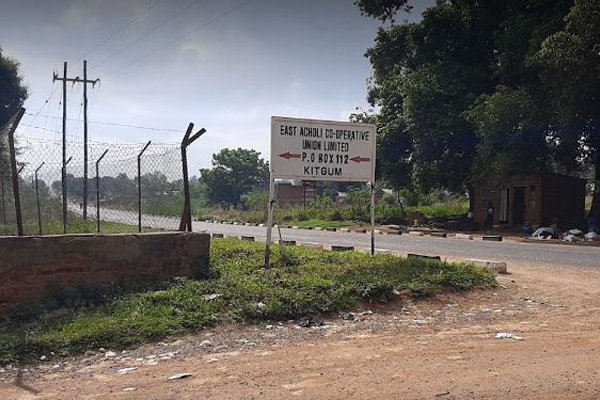KITGUM – In1960s, farmers, mainly cotton growers from primary cooperative societies, in the original Kitgum district formed a union under their umbrella East Acholi Cooperative Union Limited [EACU].
However, the division of the district into more districts like Lamwo, Pader, and Agago has posed challenges to EACU, with some primary cooperative societies in the new districts not willing to remain part of the union.
EACU was established to help cotton farmers have strong bargaining power in price determination, buy modern farm implements as well as inputs like fertilizer to boost production.
EACU has 107 primary societies with each having between 300- 500members who are part of the union.
However, several members have lost interest in the primary cooperatives arguing that they are not benefiting as expected.
Vice Chairperson East Acholi Cooperative Union Rose Lato, told this reporter that many cooperators have lost interest in the cooperatives since there is nothing much that is geared towards their wellbeing at the household level.
At the moment the union has embarked on community sensitization so that they can bring back those who have withdrawn and also bring youth and women onboard.
Lato said initially each member in the primary cooperative would pay Shs 100,000, annually and each cooperative would also pay Shs 120,000, to the umbrella which is EACU, but that has since ceased to happen.
Failure to have such subscription to the primary cooperative and to the umbrella has crippled what the mother cooperative should have given to lower cooperatives to run the activities, she revealed.
Some of the activities include general meeting, tours to learn from other cooperatives within and outside the region, and revolving funds that would help members in times of need.
Joyce Lamunu, who joined the cooperative in 1978, says accountability issues that have rocked the mother Cooperative have forced some cooperative societies to distance themselves from the cooperative.
“How do you expect a member to contribute yet what is being given is not put into right use. Other cooperators have joined personal enterprises where they have been able to bring family members on board so that funds are not misappropriated,’’ Lamunu says.
Moses Lakor, however, said there is need to diversify into other enterprises that are highly paid as compared to cotton-growing all through.
“Cotton is labour-intensive that is why many people are pulling out of the cooperatives and opting to grow other crops like maize, cassava, and soya-bean,’’ he said.
In 2019, EACU struggled with accountability issues as management could not account for Shs 1 billion.
https://thecooperator.news/nwoya-rice-farmers-hit-by-falling-prices/
Buy your copy of thecooperator magazine from one of our country- wide vending points or an e-copy on emag.thecooperator.news
